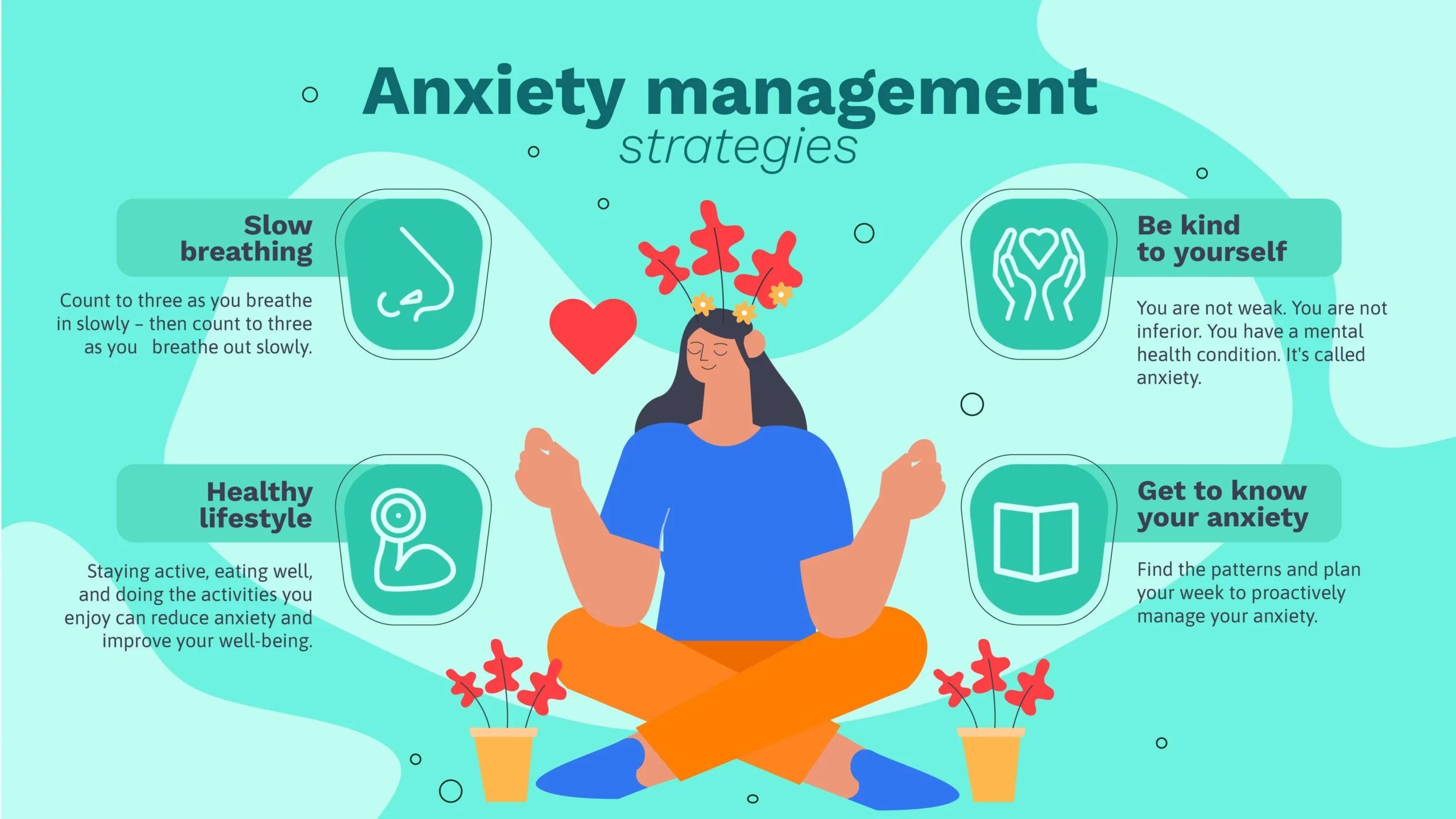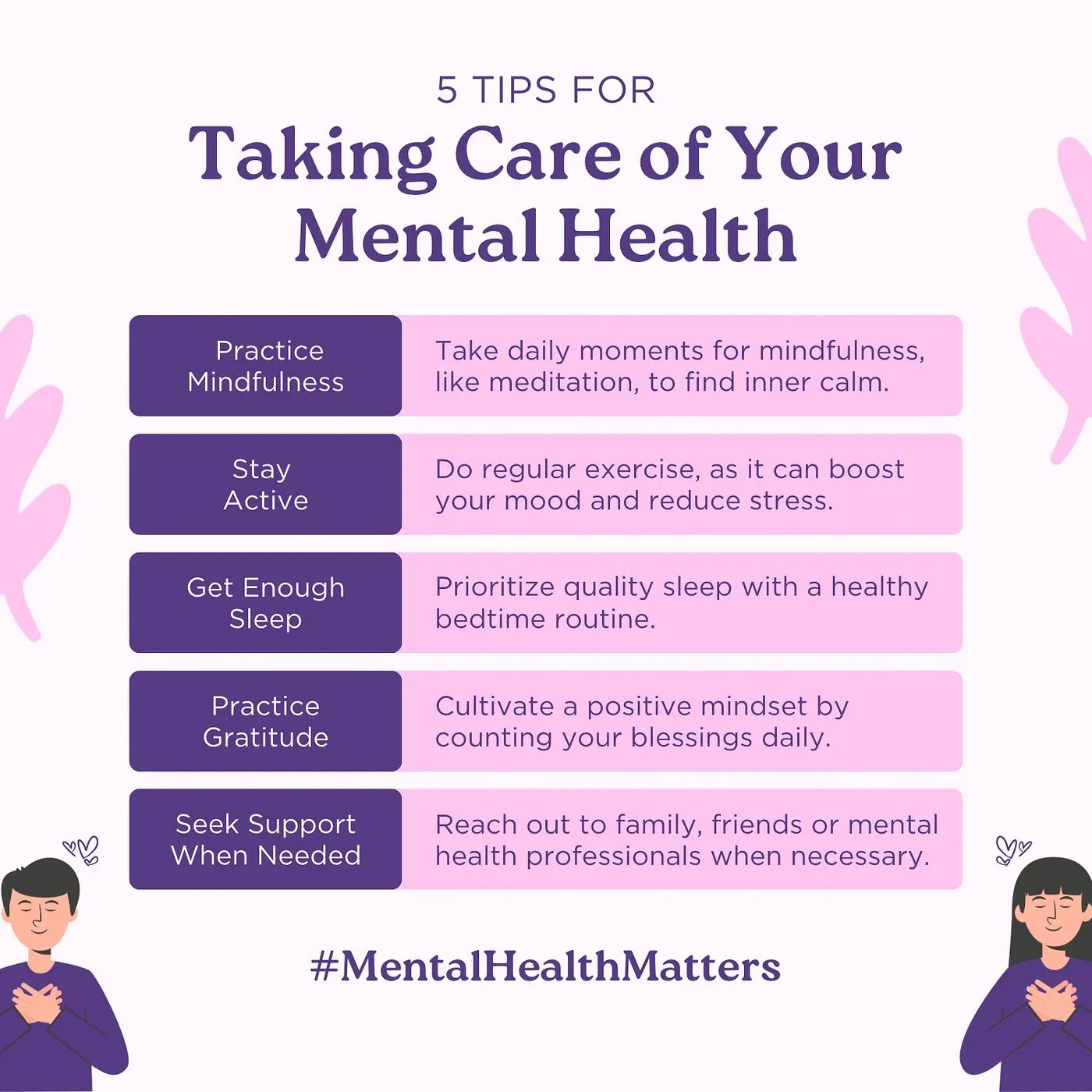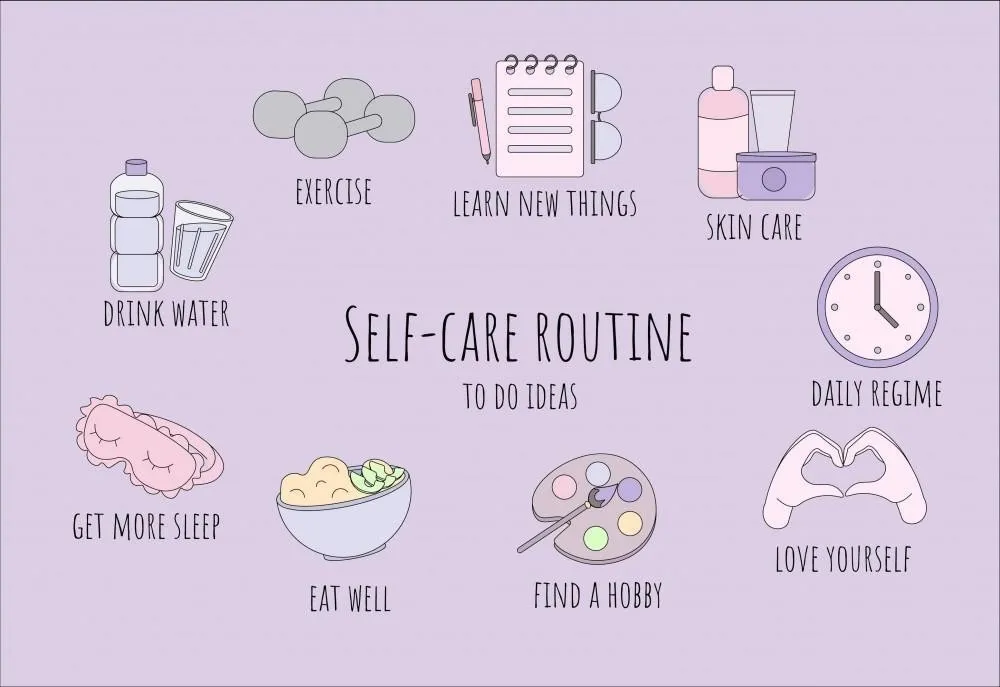Depression is a complex mental health condition that affects millions of people worldwide. It’s more than just feeling sad—it’s a persistent state of hopelessness, fatigue, and emotional numbness that can disrupt daily life. If someone you care about is struggling with depression, your support can make a significant difference in their journey toward recovery.
Here’s how you can help someone with depression while maintaining your own well-being.
1. Educate Yourself About Depression
The first step to supporting someone with depression is understanding the condition.
- Learn the Symptoms: Common signs of depression include prolonged sadness, loss of interest in activities, fatigue, changes in appetite or sleep, and feelings of worthlessness.
- Understand the Causes: Depression can result from genetic, environmental, and psychological factors. It’s not a choice or a sign of weakness.
- Recognize Myths: Avoid misconceptions like “They just need to cheer up” or “It’s all in their head.” Depression is a legitimate medical condition that requires care and empathy.
2. Offer a Listening Ear
Sometimes, the best thing you can do is simply listen.
- Create a Safe Space: Let them know they can talk to you without fear of judgment or criticism.
- Practice Active Listening: Pay attention, ask open-ended questions, and validate their feelings. For example, say, “That sounds really difficult. I’m here for you.”
- Avoid Giving Unsolicited Advice: While your intentions may be good, they might not want solutions—they may just need someone to understand.
3. Encourage Professional Help
Depression often requires treatment from mental health professionals.
- Normalize Therapy: Help them see that seeking therapy or counseling is a strength, not a weakness.
- Assist in Finding Resources: Offer to research therapists, support groups, or mental health hotlines in their area.
- Support Medication Use if Needed: If prescribed by a doctor, encourage them to follow through with medication plans. Avoid stigmatizing medical treatments.
4. Be Patient and Understanding
Recovery from depression takes time and effort, and there may be setbacks along the way.
- Avoid Pressure: Statements like “You should be better by now” can be harmful. Instead, express your ongoing support.
- Be Prepared for Rejection: Depression can make people withdraw, so don’t take it personally if they’re not ready to open up.
- Celebrate Small Victories: Encourage them to recognize and appreciate small steps forward, like getting out of bed or going for a walk.
5. Offer Practical Support
Depression often makes everyday tasks feel overwhelming.
- Help with Daily Tasks: Offer to assist with chores, cooking, or errands when they feel unable to manage.
- Encourage Healthy Habits: Suggest small, manageable activities like taking a short walk, drinking water, or eating a nutritious meal.
- Set Realistic Goals: Help them break tasks into smaller, achievable steps.
6. Be Mindful of Your Words
Your language can have a profound impact on someone with depression.
- Avoid Minimizing Their Struggles: Phrases like “Everyone feels sad sometimes” or “Just think positive” can invalidate their experience.
- Use Supportive Language: Say things like, “I’m here for you,” “You’re not alone,” or “It’s okay to feel this way.”
- Respect Their Feelings: Even if you don’t fully understand what they’re going through, acknowledge their emotions as valid.
7. Encourage Social Connections
Isolation often worsens depression. Gently encourage them to connect with others.
- Invite Them to Spend Time Together: Suggest low-pressure activities like watching a movie, going for a walk, or having coffee.
- Support Group Activities: Encourage participation in hobbies, classes, or group gatherings, but respect their limits if they’re not ready.
- Avoid Forcing Interaction: Be patient if they prefer solitude, but remind them they’re always welcome.
8. Watch for Warning Signs of Suicidal Thoughts
Depression can sometimes lead to thoughts of self-harm or suicide. Knowing the warning signs can help you intervene effectively.
- Recognize the Signs: These may include talking about death, giving away possessions, or expressing feelings of hopelessness.
- Ask Directly: If you suspect they’re thinking about suicide, ask calmly and without judgment: “Are you thinking about hurting yourself?”
- Take Immediate Action: If they’re at risk, contact a crisis hotline, a mental health professional, or emergency services immediately. Stay with them until help arrives.
9. Take Care of Your Own Well-Being
Supporting someone with depression can be emotionally taxing. Protect your mental health with these strategies:
- Set Boundaries: It’s okay to say no if their needs exceed what you can handle.
- Seek Support for Yourself: Talk to friends, family, or a counselor about your feelings.
- Practice Self-Care: Make time for activities that relax and recharge you, like exercise, hobbies, or meditation.
10. Be Consistent and Reliable
Consistency is crucial when supporting someone with depression.
- Show Up Regularly: Whether it’s through calls, messages, or visits, let them know you’re there for them.
- Follow Through on Promises: Reliability builds trust and reassurance.
- Avoid Giving Up: Even if progress seems slow, your consistent presence can provide comfort and stability.
Final Thoughts
Helping someone with depression requires patience, empathy, and a willingness to support them through their struggles. While you cannot “fix” their depression, your presence and understanding can make a world of difference in their recovery journey.
Remember, you’re not alone in this—there are resources and professionals available to guide both you and your loved one. Take it one step at a time, and know that your efforts, no matter how small they seem, are incredibly valuable.
By showing kindness, encouraging treatment, and practicing self-care, you can be a beacon of hope and strength for someone battling depression. Together, recovery is possible.




